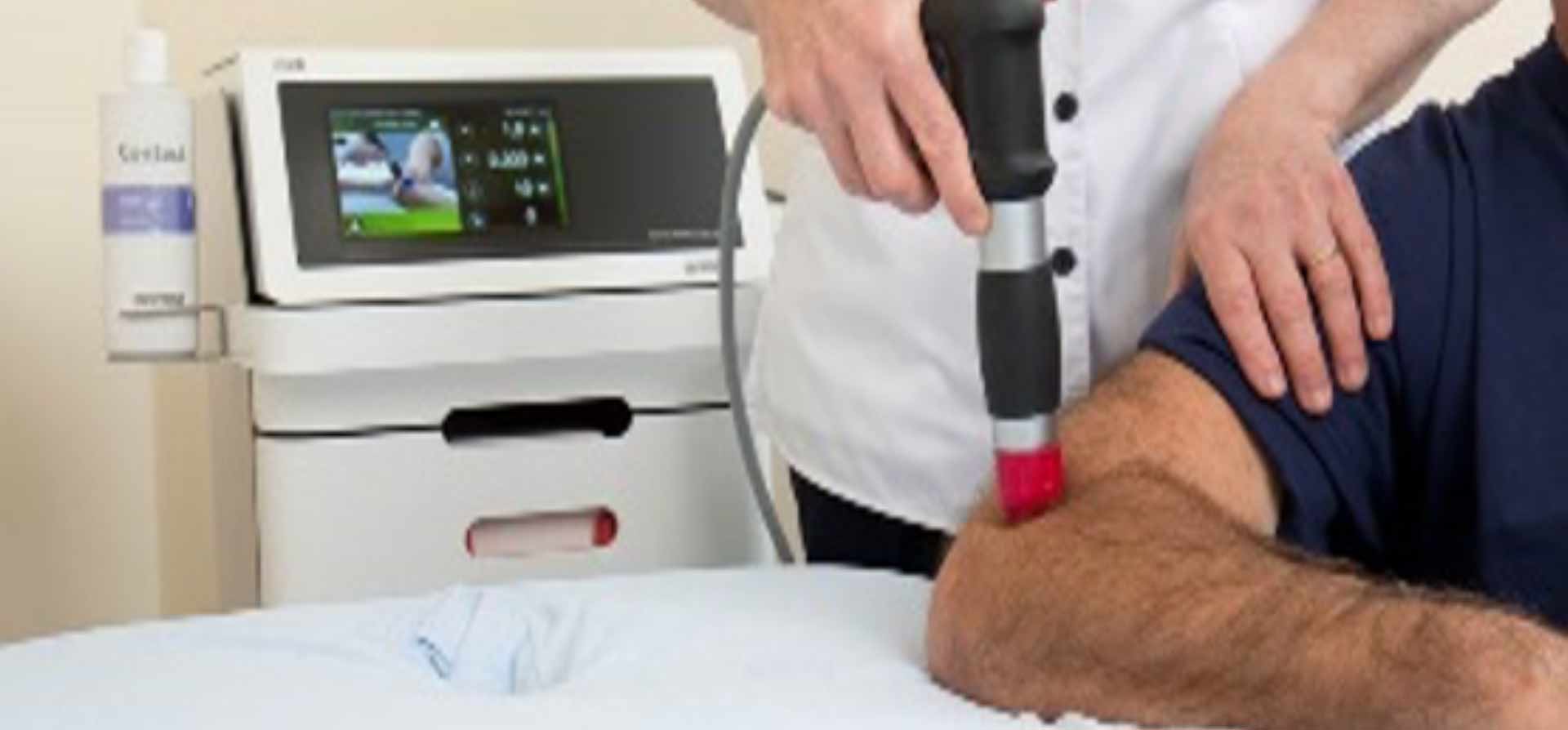What is Tennis Elbow?
A pain that presents on the outside of the elbow, felt with gripping an object, opening jars and it can be very frustrating.
Tennis elbow is a degenerative tendon (the part of the muscle that attaches to the bone) injury.
So how does it happen?
Acute Onset:
This is when you get a sudden increase in lateral elbow pain after a specific incident. It can be a sharp pain after hitting a backhand that brings on the pain.
Slow (Insidious Onset)
An initial grumble or ache at the lateral side of the arm that with time becomes more and more problematic. It can be brought on by day to day chores, repeated action in work and even having an incorrect workspace set up
Who is more likely to get Tennis Elbow?
- People aged over 30
- Play racquet sports
- A sudden increase in activity with a gripping action i.e. gardening
- Office workers with incorrect workspace set up
What to do?
Here at East Cork Physiotherapy, Balance & Acupuncture Clinic we have a tried and proven process for treating tennis elbow. Symptoms can continue to grumble and indeed become more and more prevalent. The key component is to get an accurate diagnosis
- There are many variables and a chartered physiotherapist will be able to advise on the details of the injury and the best way to manage your particular symptoms.
- The physio will assess your neck, shoulder, elbow wrist and hand
- Test your upper limb nerve mobility
- Test your muscle strength
- Palpate the tender muscles to identify the exact cause of your pain
Based on all of this you will get a unique rehab programme to assist you with your recovery along with potential treatment using Shock wave therapy .
Management:
In acute episodes where the pain has just come on, Our Top 5 tips for Tennis elbow pain are as follows
- Reduce your activity levels (avoiding the aggravating exercise)
- Do eccentric wrist extension exercises with a light dumbbell
- Release the muscles around the shoulder and elbow
- Ice
- Do some simple nerve stretches as guided by your physio
Get an accurate diagnosis, Shockwave therapy and the rehab exercises on board to allow you to stop your symptoms getting any worse and to get you on the road to recovery.
If you would like more information, please contact us on 021 4633455, or you can book an appointment online by clicking here
We hope you enjoyed today’s blog by Kevin O’Brien, Chartered Physiotherapist.

